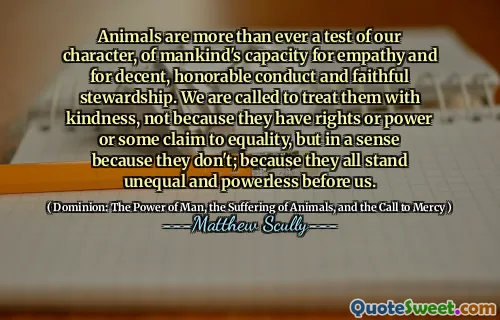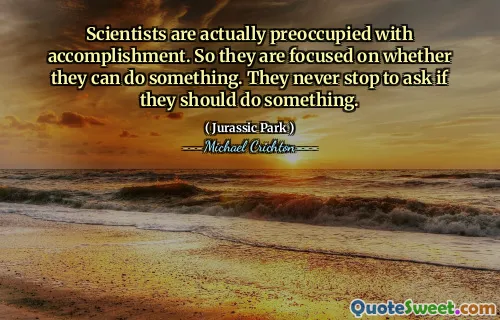
The core of peacebuilding is best understood as the process of moving toward becoming and being local and global human communities characterized by respect, dignity, fairness, cooperation, and the nonviolent resolution of conflict. To truly grasp this ideal, we must recognize and develop our moral imagination with greater intentionality.
[Breaking down Lederach's quote reveals a profound emphasis on the moral and ethical foundations of peacebuilding. The idea of moving 'toward becoming and being' suggests that peacebuilding is an ongoing, dynamic process rather than a finite goal. It calls for an active engagement with our communities, both locally and globally, rooted in qualities such as respect, dignity, fairness, and cooperation. These principles serve as the moral compass guiding our interactions and conflict resolutions, fostering an environment where nonviolence is the norm.
What stands out is the assertion that understanding this 'north' — the guiding principles of peace — requires developing our 'moral imagination.' This phrase implies that empathy, creativity, and ethical awareness must be consciously cultivated. It invites us to transcend our immediate perceptions, consider diverse perspectives, and envision more equitable and harmonious futures. The recognition that peacebuilding is inherently moral underscores the importance of moral development alongside strategic action.
This perspective aligns with Lederach's broader insistence that sustainable peace is rooted in moral substance, not merely technical solutions. By developing our moral imagination, individuals and communities can better navigate conflicts empathetically and innovatively, fostering connections that bridge divides rather than entrench them. Essentially, this quote challenges us to reframe peacebuilding as an act of moral growth and imaginative engagement, vital for creating lasting peace within ourselves and our communities.


